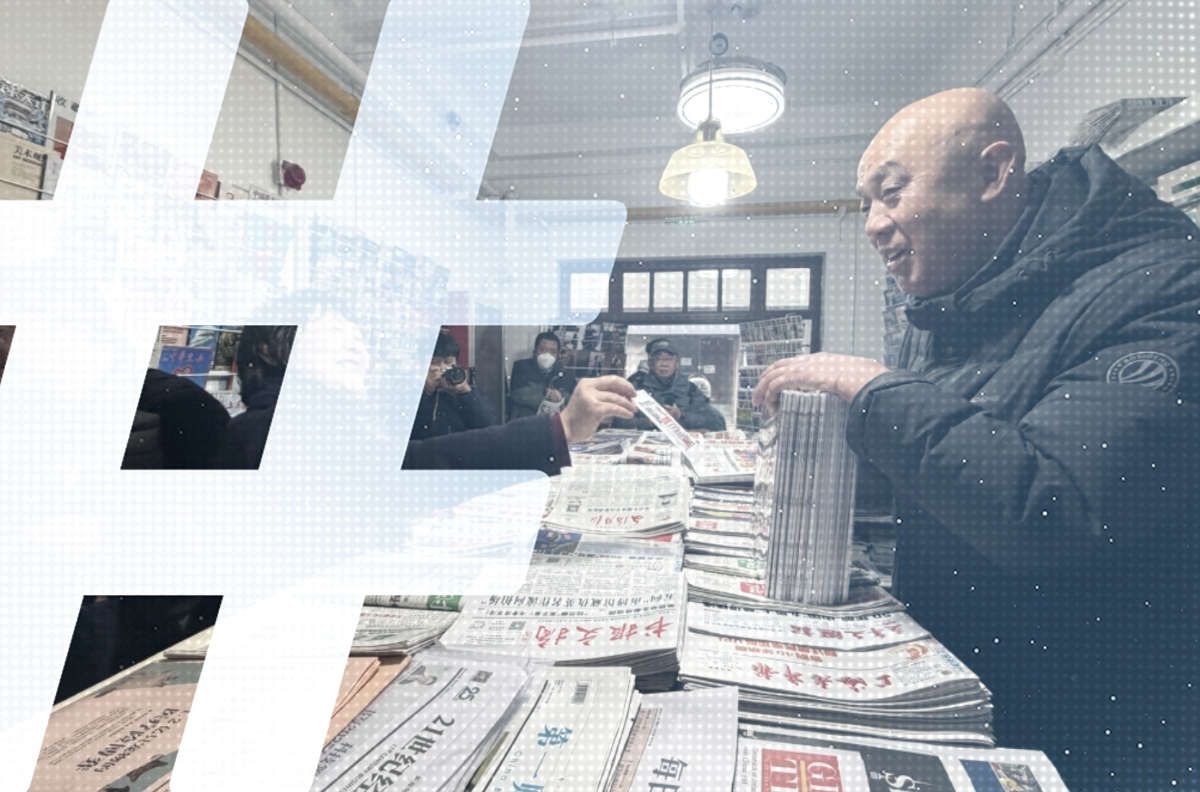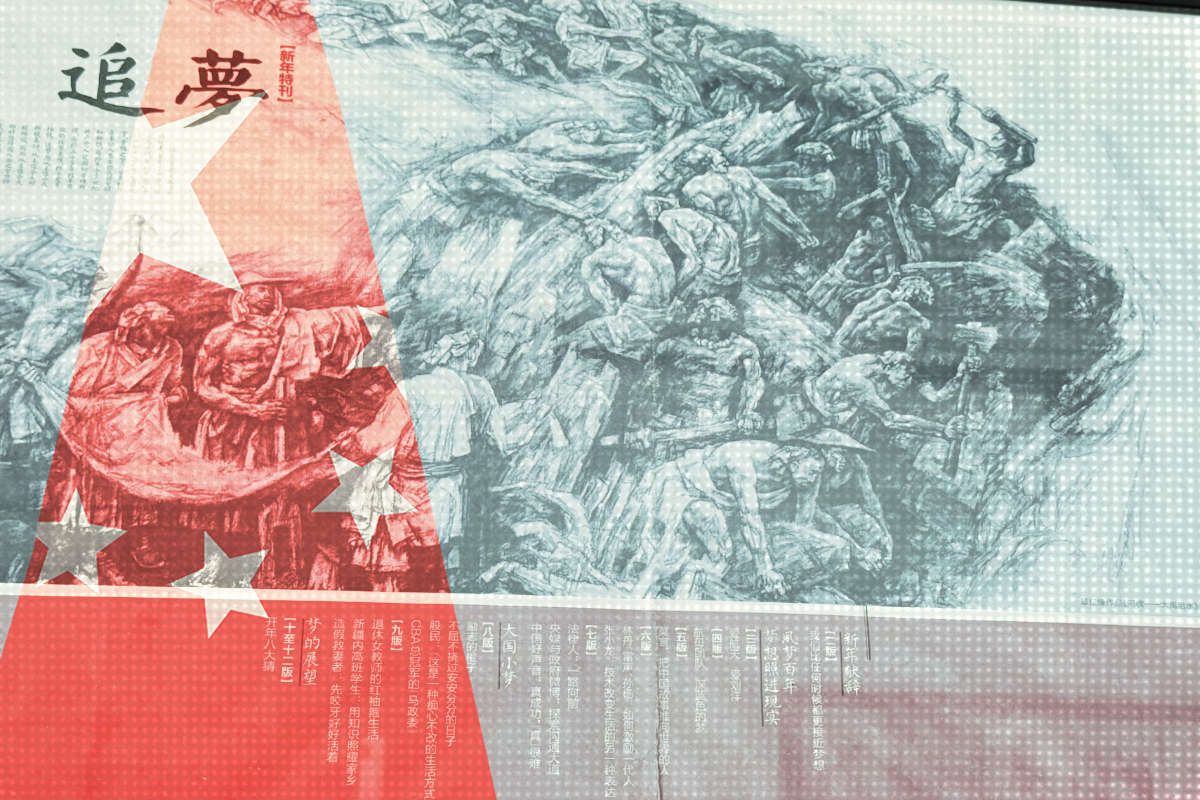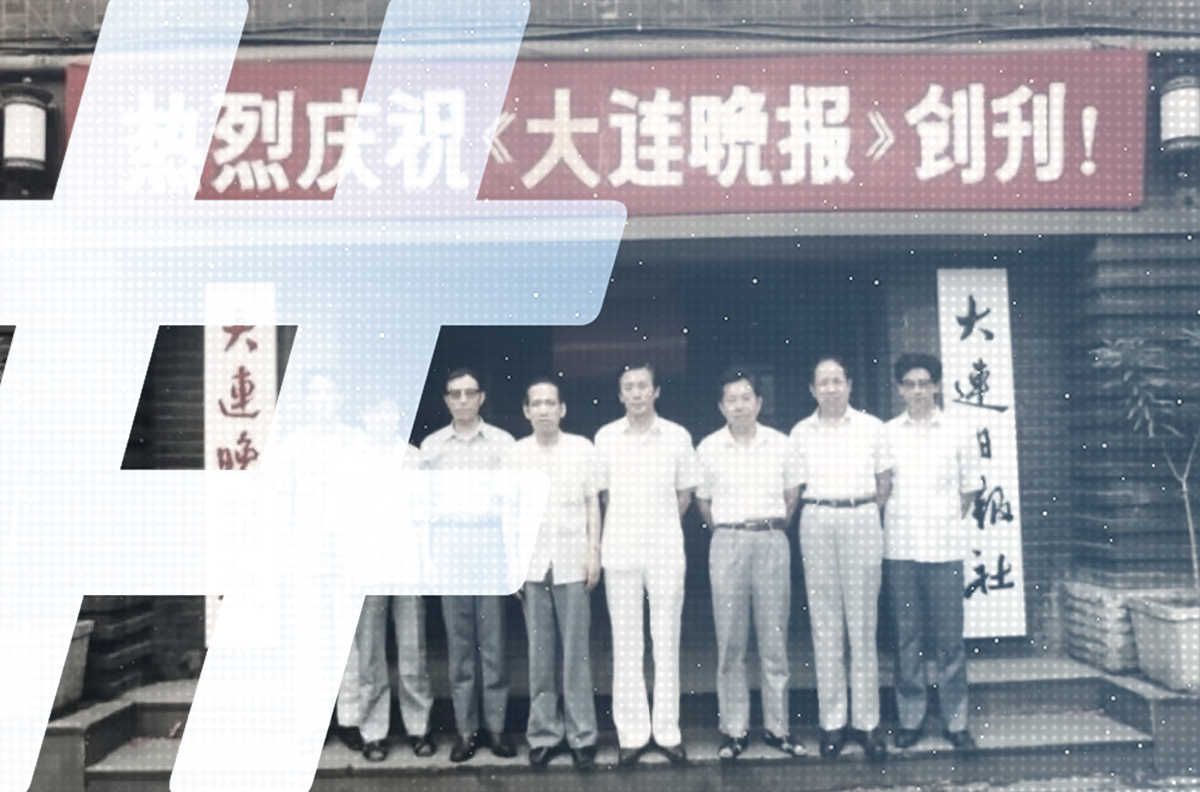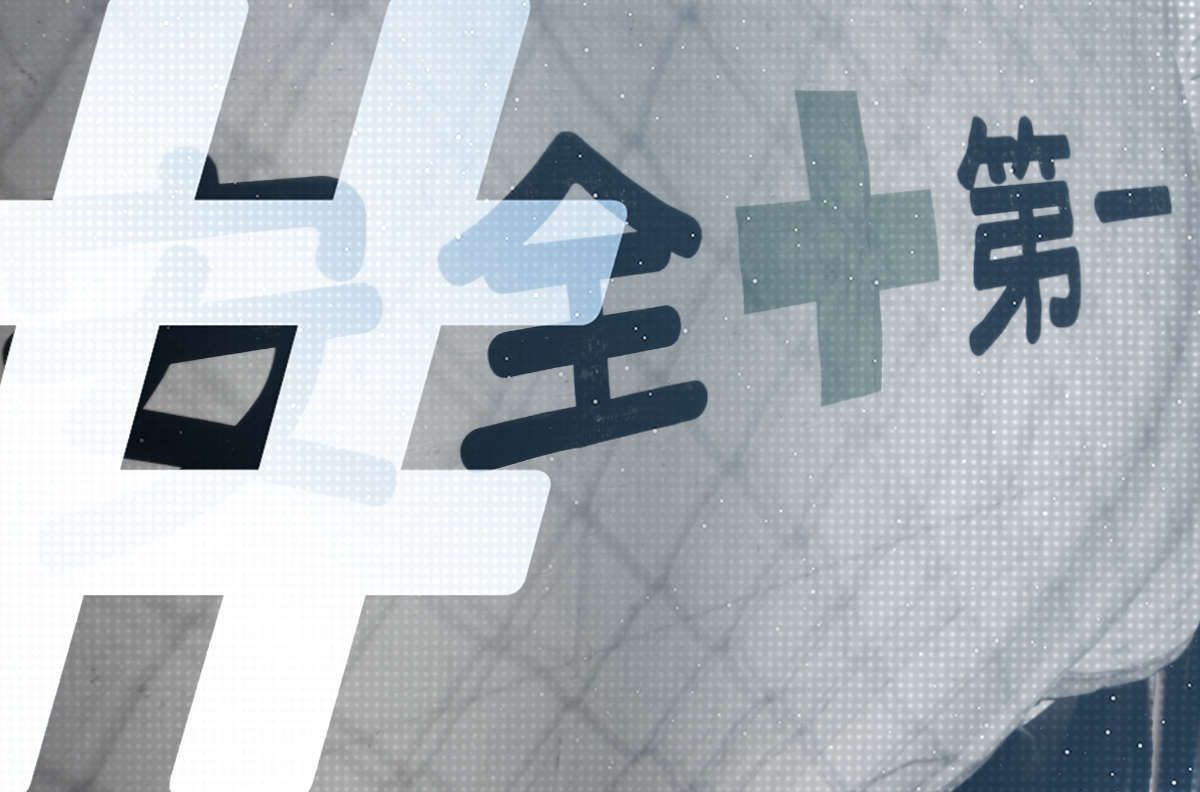China’s Central Propaganda Department and other agencies recently announced an aggressive cleanup campaign for the country’s news profession. In response to the campaign — which like past ones has taken a highly moralistic tone — I wrote last week about the central role of state media censorship in driving the debasement of professional news and fostering what the recent joint notice calls “journalism diseases.”
Essentially, how can you appeal to the best professional instincts of journalists when they are not permitted to professionalize at all — meaning that their role, and the acceptability of their work, is still defined in terms of the Party’s priorities?
“Fake news” is one of the targets of this latest campaign. But no one inside China would dare openly criticise — as Hong Kong commentator Leung Man-tao has — the fatuousness of state media reporting of sudden-breaking news events.
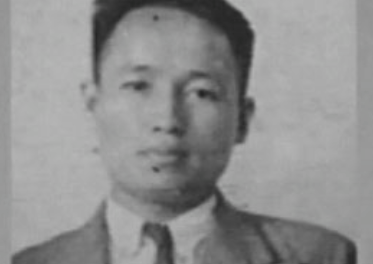
That said, the notice is at least correct in saying that “news extortion,” “fake news” and other ills are frightfully common in China’s media.
On April 1, People’s Daily Online ran an editorial calling for greater self-discipline, truth and conscience on the part of Chinese journalists. The editorial alludes to a number of cases of media corruption that have been cited in the recent campaign.
One of the details that caught my attention was “journalist Yang X (杨某) of Hangzhou Daily, who accepted 300,000 yuan from a public relations company.” First of all, it’s interesting to note that the full name of “journalist Yang” is thoughtfully protected in this case, involving an official Party newspaper, while in the recent Chen Yongzhou incident, the reporter was (in violation of ethics and the law) paraded on China Central Television.
Second, we may notice “journalist Yang” was being paid by a public relations company while on staff at Hangzhou Daily, the official Party mouthpiece of city leaders in Hangzhou. We can presume that the reporter was valuable to the PR company because he could help the company place positive coverage in Hangzhou Daily and related publications on behalf of its clients (companies as well as, possibly, lower-level government leaders).
Chinese journalists have told me in the past about regional and national networks of “intermediary organisations” spanning media at different levels, with reporters and editors kept on retainer. They can help place coverage as well as alert clients to possible negative coverage.
Without a doubt, media is a dirty, dirty business in China. This cleanup campaign will do nothing to combat these systemic issues — but it certainly may help frighten the real professionals, those who care most sincerely about truthful and meaningful work, into the silent shadows.
A translation of the People’s Daily Online editorial follows:
People’s Online Commentary: Abuse of the Right to Watchdog Journalism Cannot Be Tolerated
(人民网评:舆论监督权岂容冒用滥用)
By Gu Song (孤松)
The news media have been called the “watchtowers of society,” and journalists have been called “the conscience of society.” But as the news profession miss continued to develop, the trends of abuse and careless use of the right to report (采访权), and particularly the right to conduct supervision by public opinion [or watchdog journalism].
Some real media and fake media, some real journalists and fake journalists, have abused and carelessly used the right to conduct supervision by public opinion, using critical reports and “revealing scandal” to entrap the subjects of the report, perpetrating extortion against small enterprises and others, turning illegal profits through criminal activity.
The Central Propaganda Department and eight other agencies recently issued a notice calling for a national crackdown on news extortion and fake news. At the same time they issued a group of classic cases of editorial staff and fake reporters, fake media and news extortion.
Judging from these cases of news extortion that have been released, there are three serious problems that exist:
1. Some news outfits have been driven by a profit-seeking motive and had chaotic management, resulting in cases of news extortion. For example, China Special Products was managed chiefly by retired staffers, most from the same family, so there was no capacity for properly managing news reporters and reporting activities. Some staff members were not paid at all and expected to scrape together income on their own. Some were able to earn upwards of 200,000 yuan per year.
Then there was the case of Enterprise Party-Building Reference News (企业党建参考报), which set business targets for all of its bureaus, so a number of bureaus and individual reporters illegally carried out interviews. How can these organisations, which directly define media as profit-making tools, be considered “watchtowers of society.”
2. A number of unscrupulous journalists abuse their right to interview and their right to conduct supervision by public opinion in order to gain privately. For example, journalist Yang X (杨某) of Hangzhou Daily, who accepted 300,000 yuan from a public relations company. And journalist Luo XX (罗某某) of the Securities Times, who accepted a 200,000 yuan hush fee from a computer company. How, with such cases of using news reports as a way to line the pockets of a few while hoisting the flag of watchdog journalism, can we talk about this kind of journalist being the “conscience of society”?
3. a number of fake reporters and fake media have carelessly used the right to conduct watchdog journalism to fabricate fake reports, committing brazen criminal acts that disturb the public order with serious negative effects.
For example, there was the “1/15” case in Xi’an, Shaanxi province, a case in which a fake reporter and an accomplice extorted money from a small enterprise, and after the accomplice had been arrested even cheated his parents. And there was the “11/25” case in Shandong, in which newspapers were illegally distributed –28 kinds of illegal publication, more than 11 million copies sold in 28 provinces, districts and cities.
With the Chen Yongzhou incident at the New Express right before our eyes, these cases illustrate that this type of behavior is not isolated, and that our news industry is not a clean terrain.
Various forms of abuse of the right to conduct watchdog journalism to perpetrate “news extortion” have already become a major source of damage to journalism. They not only damage the image of members of the press and diminish the authority and credibility of the news media, but also damage the fabric of society and upset social order. If we allow them to exist and spread, they will cause serious damage to the development and progress of society.
We must strike out resolutely, with the toughest action possible, to actively resolve these obvious problems that the people have expressed, and put a stop to the spread of news extortion and fake news. Only by getting rid of the false and allowing the truth, by resolutely punishing the “fake media” and fake reporters that blacken the name of media and journalists, can we ensure the good reputation of journalists and media, and guarantee that news reports have greater force.
. . .
In this age of diverse interests and enticements, media and journalists must uphold the law, be objective and fair, devoting themselves to the good of society — making media more credible and influential. here, we would do well to bear in mind the words of our press forefather Fan Changjiang (范长江), who said: “This society needs countless reporters of integrity who can struggle to represent the interests of the people.”
Our journalists must always maintain a sense of clarity and self-discipline. They must uphold the conscience of the profession, maintain integrity as journalists, have strong morals . . . being journalists with a sense of social conscience.

